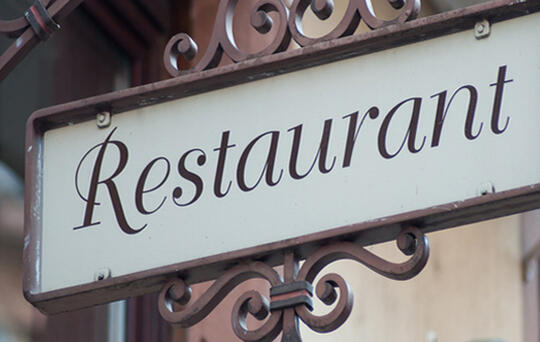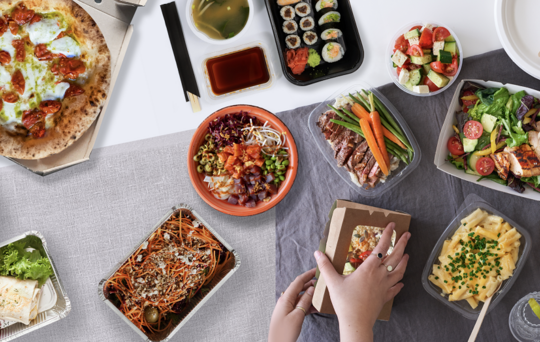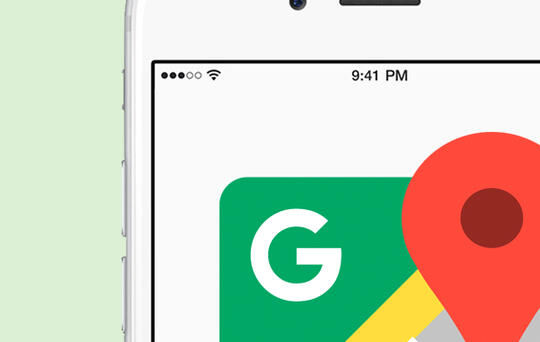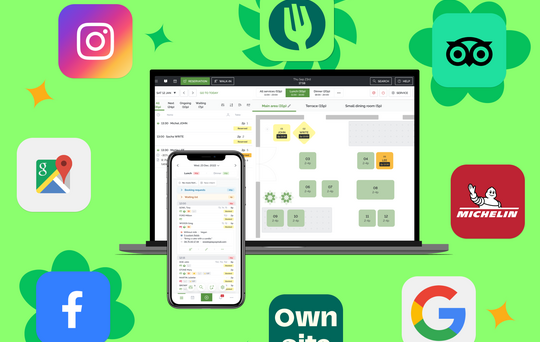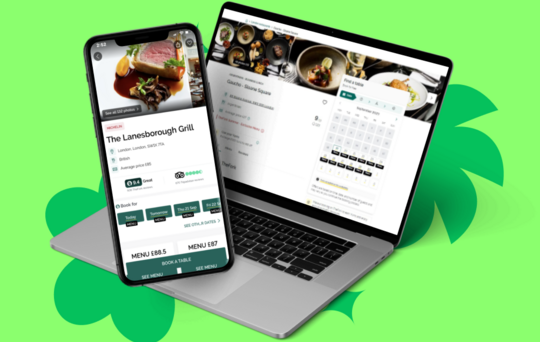How to Allocate Your Restaurant Marketing Budget Effectively

As restaurant owners have always known, running a successful restaurant business involves many different factors. Serving excellent food in a beautiful setting and establishing a vibrant atmosphere are essential. However, these things mean nothing without the customers to appreciate them! Restaurant marketing is all about attracting and retaining satisfied customers by reaching out to your target audience. To unlock the many benefits of an optimised restaurant marketing plan, take a look at our other article, The Ultimate Guide to Restaurant Marketing in the UK.
However, with an ever-increasing list of marketing channels constantly attempting to connect with potential customers, it’s not easy to decide how best to allocate a limited marketing budget. Although there are endless social media marketing options to invest in, and loyalty programmes offer a proven strategy, you only have a finite marketing budget. Now more than ever, it is important to build a practical marketing strategy that will boost your business, with a personalised plan that works through targeted marketing and promotions, without wasting time and money.
Determining your restaurant’s marketing budget
The first question to ask is: how much should a restaurant spend on marketing?
- Self-Assess: Know how your size, location and target audience will impact your marketing strategies. Smaller restaurants will have different requirements to larger ones in the same way that tourists value different elements to locals. By knowing your place in the current market, you can capitalise on your positive factors and begin to control the negatives.
- Evaluate your current strategy: Do you find yourself overwhelmed during busy lunch services, then quiet by dinnertime? Whatever your situation, look for gaps in profitability and consider the effectiveness of your current marketing activities.
- Set marketing goals: Marketing goals should address specific needs. Are you a smaller restaurant, regularly filling all of your tables? Don’t overwhelm your staff by suddenly attracting hordes of customers. Instead, invest in targeted loyalty programmes and customer retention to boost average table spend and encourage regulars back on quieter nights.
- Research industry benchmarks: Knowing your USP is vital to success, but there’s no need to reinvent the wheel! When allocating a percentage of total revenue to marketing, the restaurant industry typically operates with an average marketing budget for a restaurant between 3-6% of total revenue.
By following these simple steps, this example of the process to allocate a restaurant marketing budget will help you to set specific, strategic and achievable goals that can benefit your restaurant within your identified budget.
Effective strategies for allocating your restaurant marketing budget
Once you have set a marketing budget, the next step is to turn it into a comprehensive restaurant marketing plan with targeted steps to strategically increase profits. When designing a cost-effective marketing campaign, start by prioritising high-impact, low-spend marketing channels with a proven return on investment (ROI), such as digital and email marketing.
Social media should play an important role in your marketing efforts as it uses customer interactions to effectively generate growth at no extra cost. As your online presence grows, you can also diversify your marketing mix to reach a wider audience across multiple social media and specialist platforms like TheFork, drawing more customers to your restaurant through growing brand awareness.
This low-cost, high-reward strategy, combined with 11 more of our marketing tips, can help you gain maximum benefits from what you have to spend on marketing. To keep your restaurant marketing cost-effective, be sure to track and measure the results of your marketing campaigns and keep a close eye on which marketing channels generate the most revenue to adjust your budget allocation based on campaign performance.
Try TheFork Manager today
Maximising the ROI of your restaurant marketing budget
You might be thinking this sounds promising, but also that it might take years to significantly increase your revenue.
Follow these steps to maximise your ROI in no time:
- Keep it simple: Marketing is all about communicating with your target audience, so ensure your plan is clear and concise.
- Set goals: Without clear and achievable goals, it is impossible to measure success. Make it easier to know where best to invest your budget.
- Track spending: Just like any other aspect of restaurant management, marketing should have an allocated budget, with outgoing expenses carefully tracked to optimise spending.
- Trust the numbers: Using data-driven analysis can provide an invaluable insight into the effective cut-through of your restaurant marketing plan, helping you know when to invest in successful marketing campaigns, and when to pull the plug on non-starters.
- Experiment: Creativity breeds success! Good marketing should be innovative and you should be unafraid to experiment and try new things.
Additional tips for effective restaurant marketing
Successfully allocating your restaurant marketing budget encompasses the most important aspects of managing any business. Running an effective 360° marketing campaign should put the restaurant’s success at the heart of its message. Offering excellent customer service and dining experiences can help cultivate strong brand identity and awareness, so don’t be afraid to let your product do the talking.
Always lookout for new and creative ways to boost your restaurant advertising.
To keep marketing strategies effective and costs low, save your budget by harnessing that all-important free marketing tool: word-of-mouth. Gather feedback to make improvements based on customer experiences in your restaurant, and stay on top of industry trends to keep your offering relevant.
A final suggestion for motivated restaurant managers is to harness the power of data-driven technology to enhance marketing efforts. TheFork Manager offers an effective and comprehensive toolbox for restaurant management and budget optimisation. Why not learn how to increase your footfall with our in-house promotional features and enhanced visibility? To give your restaurant a headstart to success with our premier, industry-leading platform, get in touch with us today.

